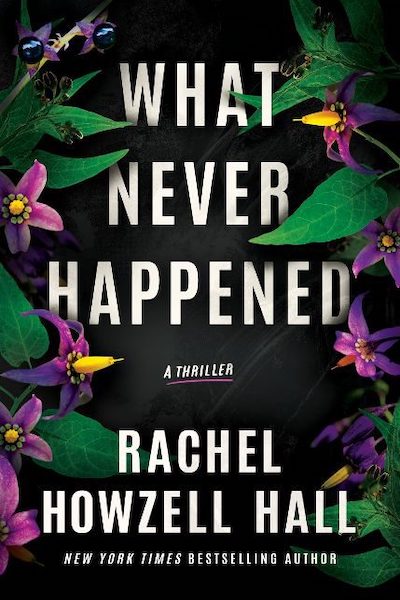Overtown, as California’s Catalina Island residents call the mainland, Disneyland has been closed. On Catalina, the ferries have stopped and even the St. Patrick’s Day karaoke is off. COVID is on the way, if it isn’t there already. But Collette “Coco” Weber has bigger worries. She’s back on the island where her parents and brother were murdered years ago, a crime against the only Black family on Catalina. Coco herself escaped as she had sneaked out against her parents wishes. She’s hardly in line with others’ wishes now, either. Aunt Gwen—famous for stealing trinkets from rich tourists—has been living in the house Coco inherited when her parents died, and isn’t thrilled to share it. And Coco’s determination to continue owning the house clashes with someone’s plan: there’s a housing shortage on Catalina, and she’s violently pressured to sell. At the same time, island widows are being found dead, alone in remote spots that they wouldn’t likely have visited without coercion. As Catalina gets ever more dangerous, a peril nicely juxtaposed against Coco’s job as an island newspaper obituary writer, readers will fall deeper into the compelling mysteries of who killed the protagonist’s family years before and who’s behind today’s mayhem. Hall’s writing of a PTSD-stricken protagonist rings true, with her “warts and all” presentation offering veracity, resilience, and exasperation in equal measure. Those new to the author will want to go back to her previous, also fast-moving puzzles such as last year’s We Lie Here.
784
previous post

